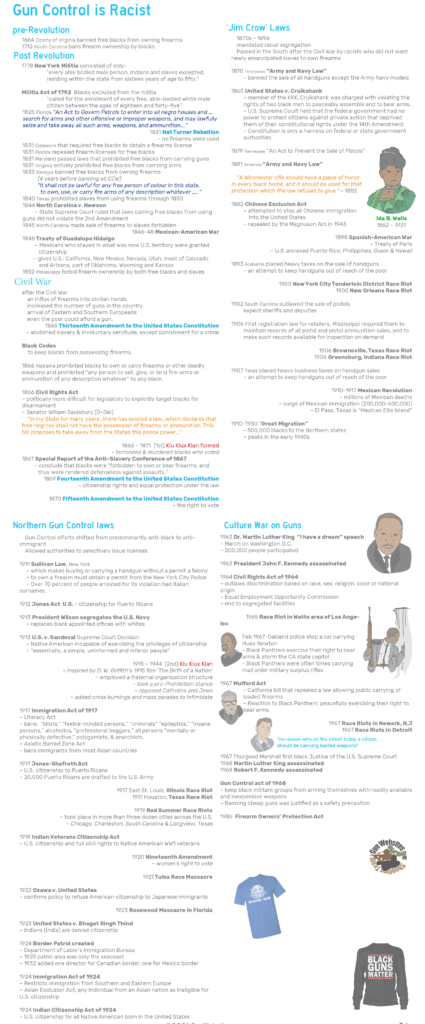
Gun Control has been the attempt to control specific societal groups by keeping them from possessing firearms
pre-Revolution
1664 Colony of Virginia banned free blacks from owning firearms
1712 South Carolina bans firearm ownership by blacks
American Revolution
1765 – 1783
1778 New York militia consisted of only:
“every able bodied male person, Indians and slaves excepted, residing within the state from sixteen years of age to fifty.”
Militia Act of 1792
– Blacks excluded from the militia
“called for the enrollment of every free, able-bodied white male citizen between the ages of eighteen and forty-five”
1806 Louisiana slaves were denied the use of firearms and all other offensive weapons.
1813 Kentucky = 1st ‘Total’ Law Against Carrying Concealed Weapons
1813 Louisiana = 2nd ‘Total’ Law Against Carrying Concealed Weapons
1819 Indiana = 3rd ‘Total’ Law Against Carrying Concealed Weapons
1822 Bliss v. Commonwealth, Kentucky
– a man was indicted for carrying a sword concealed in a cane
– the court overturned the conviction against Bliss
– majority vote with just one judge dissenting
1825 Florida “An Act to Govern Patrols to enter into all negro houses and …search for arms and other offensive or improper weapons, and may lawfully seize and take away all such arms, weapons, and ammunition….”
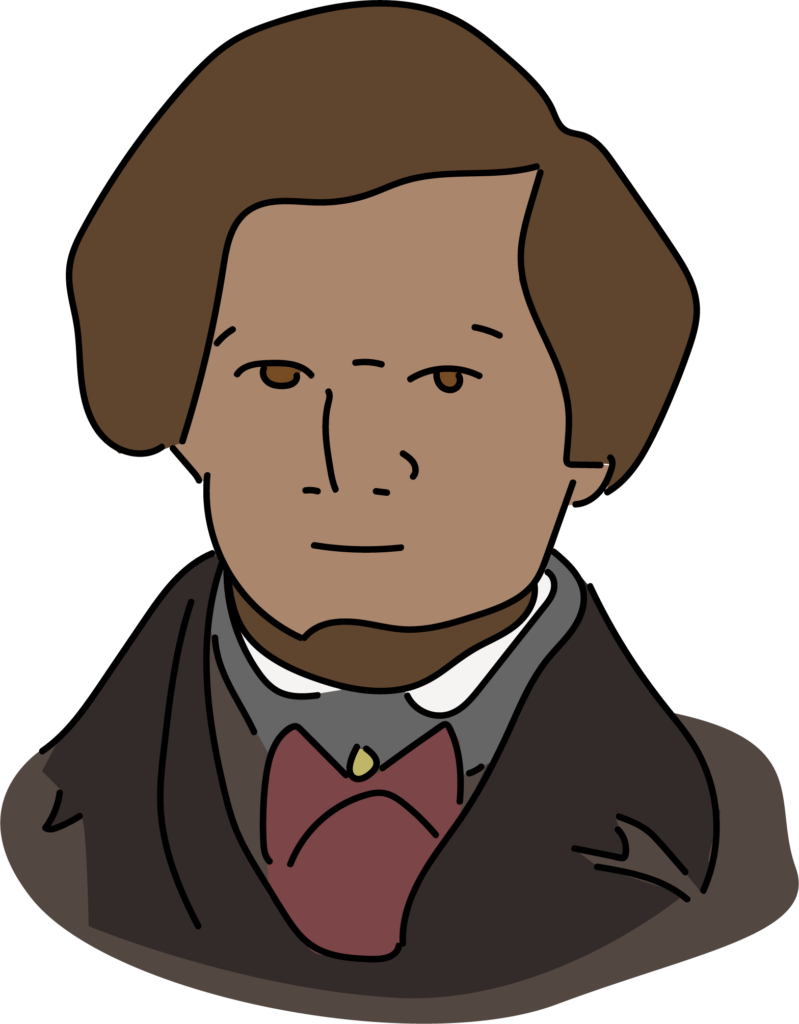 1831 Nat Turner Rebellion
1831 Nat Turner Rebellion
– no firearms were used
1831 Delaware that required free blacks to obtain a firearms license
1831 Florida repealed firearm licenses for free blacks
1831 Maryland passed laws that prohibited free blacks from carrying guns
1831 Virginia entirely prohibited free blacks from carrying arms
1833 Georgia banned free blacks from owning firearms
(4 years before banning CCW)
““it shall not be lawful for any free person of colour in this state,
to own, use, or carry fire arms of any description whatever ……”
1840 Texas prohibited slaves from using firearms through 1850
1844 North Carolina v. Newson
– State Supreme Court ruled that laws barring free blacks from using guns did not violate the 2nd Amendment.
1845 North Carolina made sale of firearms to slaves forbidden
1846-48 Mexican-American War
1848 Treaty of Guadalupe Hidalgo
– Mexicans who stayed in what was now U.S. territory were granted citizenship
– gives U.S.: California, New Mexico, Nevada, Utah, most of Colorado and Arizona, part of Oklahoma, Wyoming and Kansas
1852 Mississippi forbid firearm ownership by both free blacks and slaves
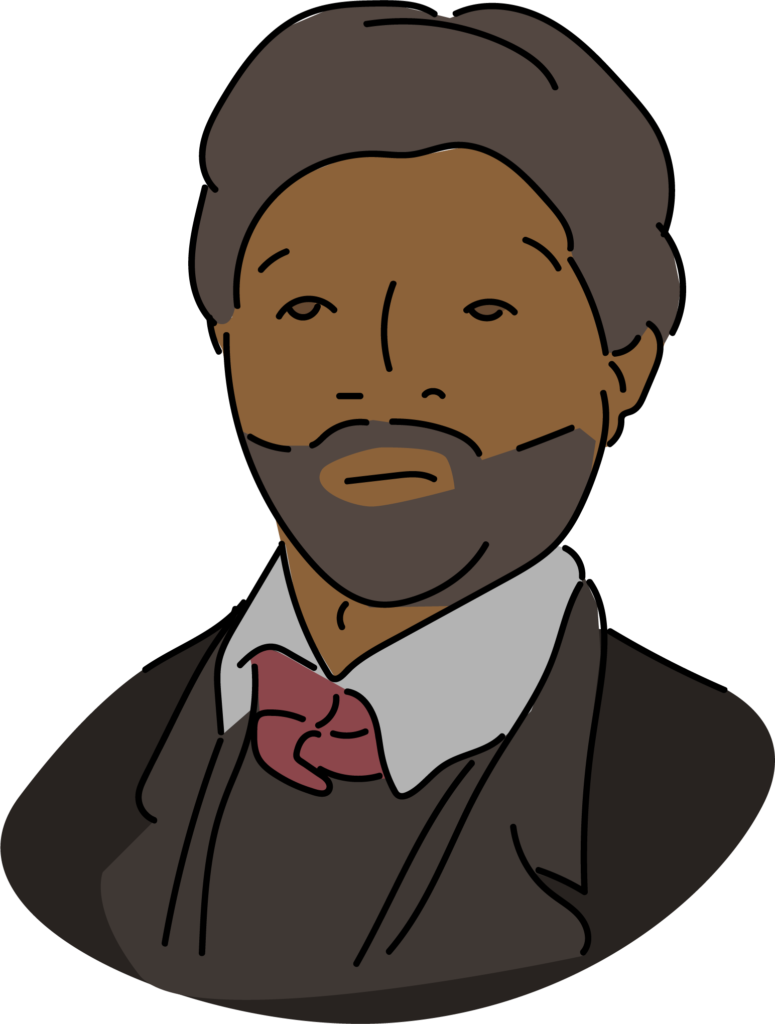 1857 Dred Scott Case
1857 Dred Scott Case
Dred Scott v. Sandford
– declared African-Americans were not legally people
– Second Amendment affirmed as an individual right
“It would give to persons of the negro race, who were recognized as citizens in any one State of the Union, the right to enter every other State whenever they pleased … and to keep and carry arms wherever they went”
Civil War
1861 – 1865
Militia Act of 1862
– African-Americans to participate as war laborers and soldiers
after the Civil War
- an influx of firearms into civilian hands
- increased the number of guns in the country
- arrival of Eastern and Southern Europeans
- even the poor could afford a gun
1865 Thirteenth Amendment to the United States Constitution
– abolished slavery and involuntary servitude, except as punishment for a crime
Black Codes
- to keep blacks from possessing firearms.
1866 Alabama prohibited blacks to own or carry firearms or other deadly weapons and prohibited “any person to sell, give, or lend fire-arms or ammunition of any description whatever” to any black.
1866 Civil Rights Act
– politically more difficult for legislators to explicitly target blacks for disarmament
– Senator William Saulsbury (D–Del)
“In my State for many years…there has existed a law…which declares that free negroes shall not have the possession of firearms or ammunition. This bill proposes to take away from the States this police power…”
– Senator William Saulsbury (D–Del)
1866 – 1871 (1st) Klu Klux Klan formed
– terrorized & murdered blacks who voted
1867 Special Report of the Anti–Slavery Conference of 1867
– conclude that blacks were “forbidden to own or bear firearms, and thus were rendered defenseless against assaults.”
1869 Fourteenth Amendment to the United States Constitution
– citizenship rights and equal protection under the law
1870 Fifteenth Amendment to the United States Constitution
– the right to vote
‘Jim Crow’ Laws
1870s – 1896
- mandated racial segregation
- Passed in the South after the Civil War by racists who did not want newly emancipated slaves to own firearms
1870 Tennessee “Army and Navy Law”
– banned the sale of all handguns except the Army Navy models
1865 United States v. Cruikshank
– member of the KKK, Cruikshank was charged with violating the rights of two black men to peaceably assemble and to bear arms.
– U.S. Supreme Court held that the federal government had no power to protect citizens against private action that deprived them of their constitutional rights under the 14th Amendment
– Constitution is only a harness on federal or state government authorities
1879 Tennessee “An Act to Prevent the Sale of Pistols”
1881 Arkansas “Army and Navy Law”
Ida B. Wells
1862 – 1931
A Winchester rifle should have a place of honor in every black home, and it should be used for that protection which the law refuses to give.” – 1882
1882 Chinese Exclusion Act
– attempted to stop all Chinese immigration into the United States
– repealed by the Magnuson Act in 1943
1898 Spanish-American War
– Treaty of Paris
– U.S. annexed Puerto Rico, Philippines, Guam & Hawaii
1893 Alabama placed heavy taxes on the sale of handguns
– an attempt to keep handguns out of reach of the poor
1900 New York City Tenderloin District Race Riot
1900 New Orleans Race Riot
1902 South Carolina outlawed the sale of pistols expect sheriffs and deputies
1906 First registration law for retailers, Mississippi required them to maintain records of all pistol and pistol ammunition sales, and to make such records available for inspection on demand
1906 Brownsville, Texas Race Riot
1906 Greensburg, Indiana Race Riot
1907 Texas placed heavy business taxes on handgun sales
– an attempt to keep handguns out of reach of the poor
1909 National Association for the Advancement of Colored People (NAACP) formed
– Civil Rights Movement Starts
1910-1917 Mexican Revolution
– millions of Mexican deaths
– surge of Mexican immigration (200,000-600,000)
– El Paso, Texas is “Mexican Ellis Island”
1910-1930 “Great Migration” 500,000 blacks to the Northern states
– peaks in the early 1940s
Northern Gun Control laws (early 1900s)
- gun control shifted from predominantly anti-black to anti-immigrant
- allowed authorities to selectively issue licenses
1911 Sullivan Law, New York
– which makes buying or carrying a handgun without a permit a felony
– to own a firearm must obtain a permit from the New York City Police
– Over 70 percent of people arrested for its violation had Italian surnames.
1912 Jones Act U.S. citizenship for Puerto Ricans
1913 President Wilson segregates the U.S. Navy
– replaces black appointed offices with whites
1913 U.S. v. Sandoval Supreme Court Decision
– Native American incapable of exercising the privileges of citizenship
– “essentially, a simple, uninformed and inferior people”
1914 – 1918 World War One
– US Military Integrated but segregated
1915 – 1944 (2nd) Klu Klux Klan
– inspiration from D. W. Griffith’s 1915 silent film The Birth of a Nation
– employed a fraternal organization structure
– took a pro-Prohibition stance
– opposed Catholics and Jews
– added cross burning & mass parades to intimidate
1917 Immigration Act of 1917
– Literacy Act
– bans: “idiots,” “feeble-minded persons,” “criminals” “epileptics,” “insane persons,” alcoholics, “professional beggars,” all persons “mentally or physically defective,” polygamists, & anarchists.
– Asiatic Barred Zone Act
– bans immigrants from most Asian countries
1917 Jones-Shafroth Act
– U.S. citizenship to Puerto Ricans
– 20,000 Puerto Ricans are drafted to the U.S. Army
1917 East St. Louis, Illinois Race Riot
1917 Houston, Texas Race Riot
1919 Red Summer Race Riots
– took place in more than three dozen cities across the U.S.
– Washington D.C., Chicago, Charleston, South Carolina & Longview, Texas
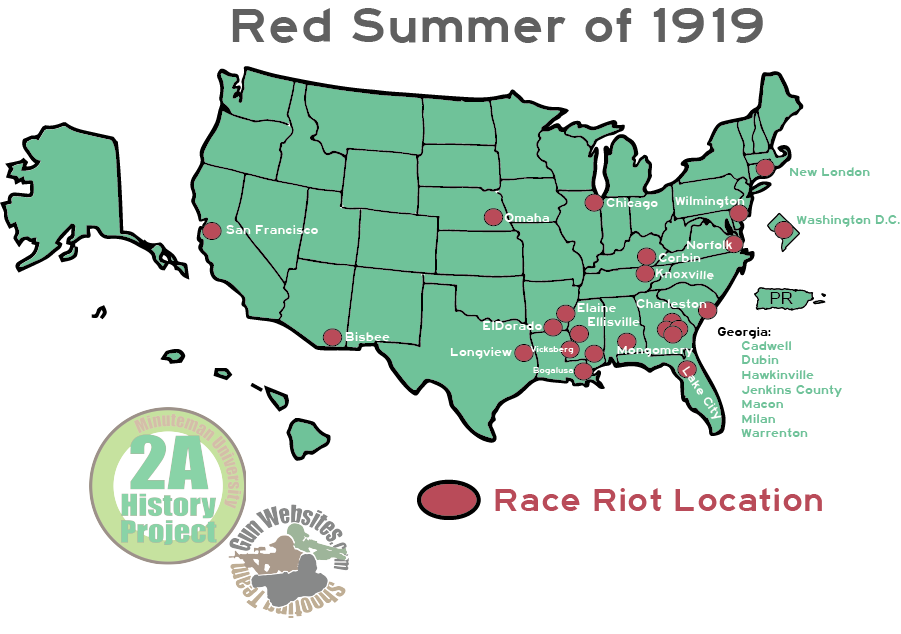
1919 Chicago Riot Research
– leads to Change in Laws on Police Behavior
1919 Indian Veterans Citizenship Act
– U.S. citizenship and full civil rights to Native American WW1 veterans
1920 Nineteenth Amendment
– women’s right to vote
1921 Tulsa Race Massacre
1922 American Bar Association Committee on Law Enforcement
– calls for a ban on manufacture & sale of handguns (except government use)
1922 Ozawa v. United States
– confirms policy to refuse American citizenship to Japanese immigrants
1923 Rosewood Massacre in Florida
1923 United States v. Bhagat Singh Thind
– Indians (India) are denied citizenship
1924 Border Patrol created
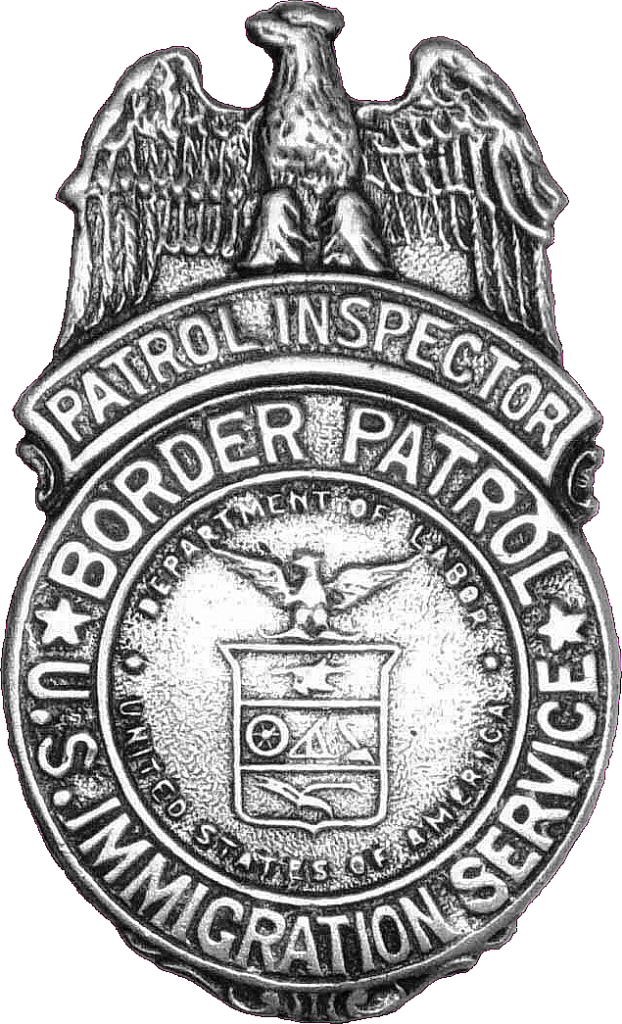 – Department of Labor’s Immigration Bureau
– Department of Labor’s Immigration Bureau
– 1925 patrol area was only the seacoast
– 1932 added one director for Canadian border, one for Mexico border
1924 Immigration Act of 1924
– restricts immigration from Southern and Eastern Europe
– Asian Exclusion Act, any individual from an Asian nation as ineligible for U.S. citizenship
1924 Indian Citizenship Act of 1924
– U.S. citizenship for all Native American born in the United States
1927 Congress passes law banning mail-order sales of handguns
States begin passing laws regulating the sale and use of handguns.
Nationalization of Gun Control Laws
1934 National Firearms Act
1938 Federal Firearms Act
– federal license to send or receive guns across state lines
the 1893 law “was passed when there was a great influx of negro laborers in this State….The same condition existed when the Act was amended in 1901 and the Act was passed for the purpose of disarming the negro laborers….The statute was never intended to be applied to the white population and in practice has never been so applied…”
– Justice Buford(1942)
regarding Florida gun control law passed in 1893
1941 Tuskegee Airmen
– 332nd Fighter Group of the Army Air Corps
1942 Marine Corps accepts 1st black recruits
1942 “Double V” Campaign
– victory against foreign and domestic racists
1942 Executive Order 9066
– Americans of Asian descent were forcibly interned during World War II
– lasts until 1946
1943 Beaumont, Texas Race Riot
1943 Detroit Race Riot
1943 “Zoot Suit Riot” in Los Angeles
1950 – present (3rd) Klu Klux Klan
– isolated groups that use the name
– opposition to the civil rights movement
– used violence & murder to suppress activists
1950s Focus on firearms accidents
– in the home
– by hunters
1954 Hernandez v. State of Texas
– Supreme Court rule
– Mexican-Americans have equal protection under the law
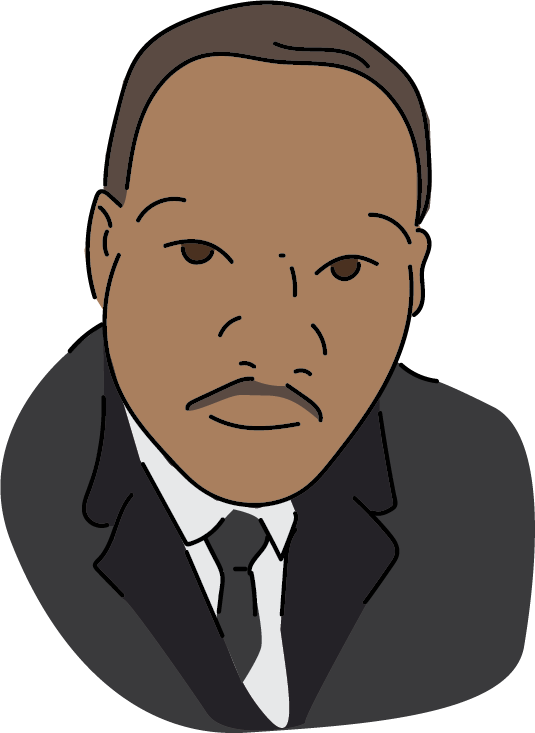 1956 – Martin Luther King Jr. applied for a permit to carry a concealed firearm
1956 – Martin Luther King Jr. applied for a permit to carry a concealed firearm
– After his house was bombed
– His application was denied
– From then on, armed friends guarded his home
1959 Gallup Poll on Firearms
– majority questioned believe a permit should be required to buy a gun
– Fifty-nine percent believe handguns should be outlawed except for use by police
Culture War on Guns
1963 Dr. Martin Luther King gave his famous “I have a dream” speech
– March on Washington D.C.
– 200,000 people participated
1963 President John F. Kennedy assassinated
1964 Civil Rights Act of 1964
– outlaws discrimination based on race, sex, religion, color or national origin
– Equal Employment Opportunity Commission
– end to segregated facilities
1965 Race Riot in Watts area of Los Angeles
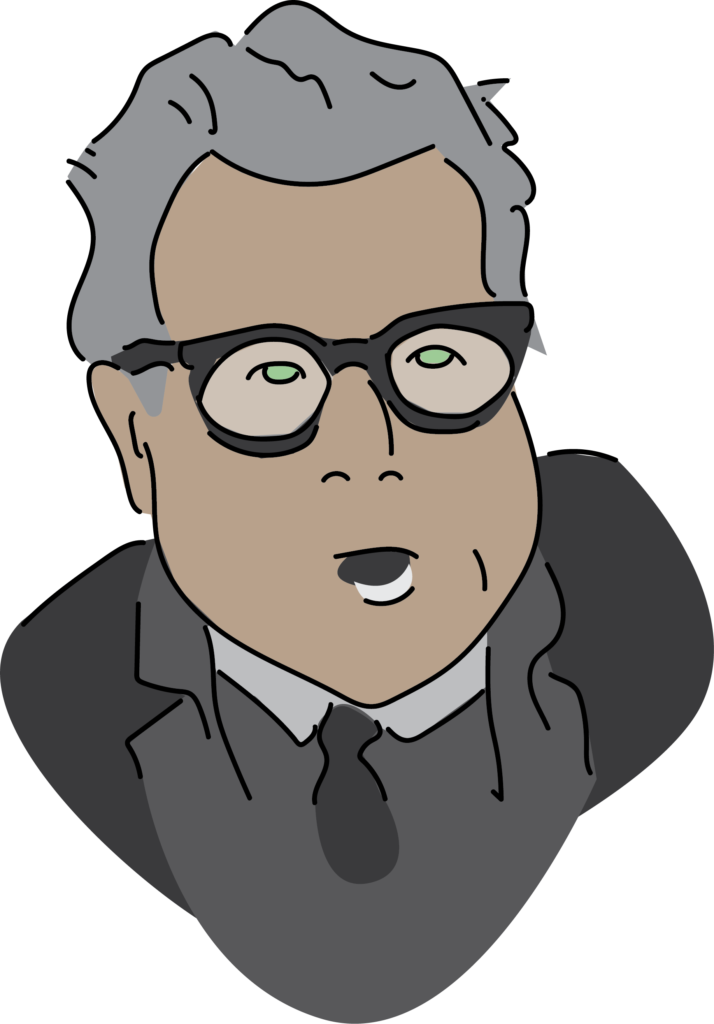 1967 Mulford Act
1967 Mulford Act
– California bill that repealed a law allowing public carrying of loaded firearms
– Reaction to Black Panthers’ peacefully exercising their right to bear arms
1967 Race Riots in Newark, N.J
1967 Race Riots in Detroit
1967 Thurgood Marshall first black Justice of the U.S. Supreme Court
1968 Martin Luther King assassinated
1968 Robert F. Kennedy assassinated
Gun Control act of 1968
– keep black militant groups from arming themselves with readily available and inexpensive weapons
– Banning cheap guns was justified as a safety precaution
1986 Firearm Owners’ Protection Act
– unlawful for anyone to sell to prohibited people
– decriminalized mail-order purchase of ammunition and gun parts
– keeping guns out of the hands of the poorer people
1976 Washington D.C. completely prohibited the ownership of handguns
– crime rises
1980 Mariel Boatlift
-125,000 Cubans flee to U.S.
1988 Maryland Ban on inexpensive handguns
1988 Operation Clean Sweep, Chicago, Illinois Housing Authority (CHA) & Chicago Police enacted & enforce policy of confiscation of firearms, warrant-less searches, etc
1990 Richmond, Virginia Housing Authority ban on the possession of all firearms, whether operable or not, in public housing projects
1992 Race Riot in Los Angeles
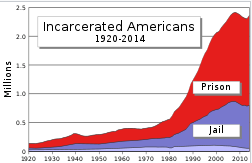
1994 Violent Crime Control and Law Enforcement Act
– 1994 Crime Bill
– Federal Assault Weapons Ban
– largest crime bill in the history of the United States (356 pages)
– 100,000 new police officers
– a greatly expanded federal death penalty
– new classes of individuals banned from possessing firearms
– Elimination of higher education for inmates
– $9.7 billion in funding for prisons
– $6.1 billion in funding for prevention programs
1998 Freedmen, the Fourteenth Amendment, and the Right to Bear Arms, 1866-1876
– by Stephen P. Halbrook
1992 Race Riot in Los Angeles
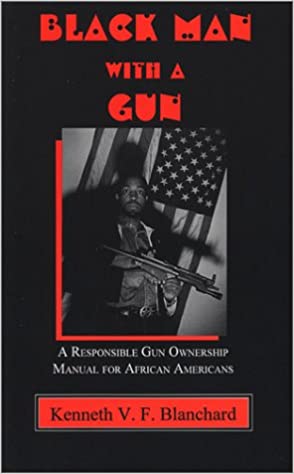 2000 Black Man With a Gun published
2000 Black Man With a Gun published
– July 5, 2000
– Kenn Blanchard
2004-2014 ATF Stash-House Stings
– 10 years, 46 cases
– 635 defendants, 91% were minorities
– 179 arrests
– No white defendants, all but two were black and Latino
– In comparison, minorities make up;
– 76% of the people charged with violent crimes in the nation’s major cities
– 72% of the people serving prison sentences for murder
– 71% of people convicted of federal gun and drug offenses
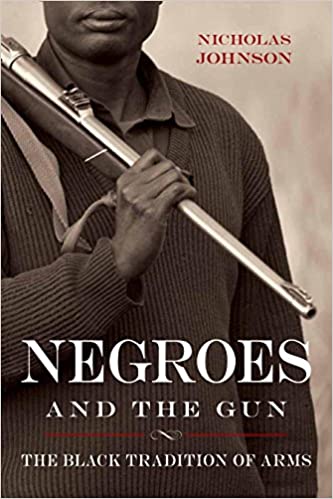 2014 Negroes and the Gun: The Black Tradition of Arms published
2014 Negroes and the Gun: The Black Tradition of Arms published
Jan 14, 2014
– by Nicholas Johnson
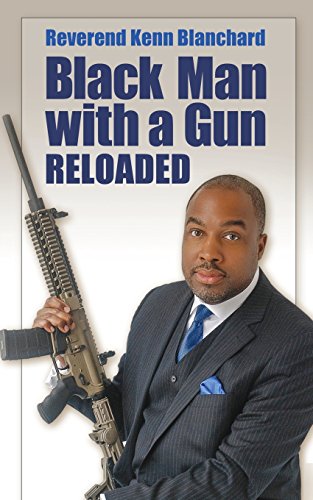 2014 Black Man with a Gun: Reloaded published
2014 Black Man with a Gun: Reloaded published
February 7, 2014
– by
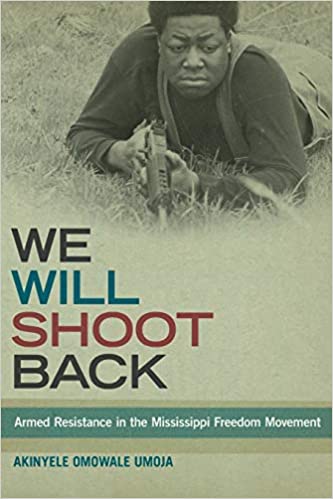 2014 We Will Shoot Back:
2014 We Will Shoot Back:
Armed Resistance in the Mississippi Freedom Movement published
Aug 22, 2014
– by Akinyele Omowale Umoja
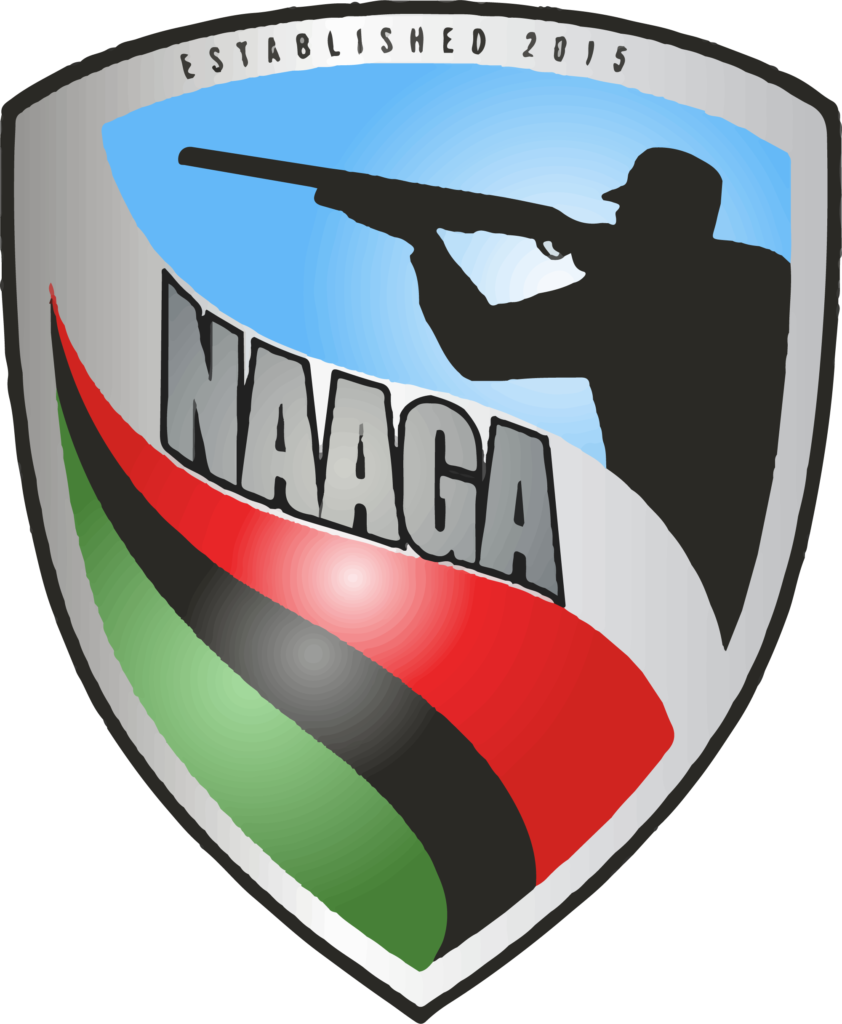 2015 NAAGA founded
2015 NAAGA founded
– Feb 28, 2015
– National African American Gun Association
– by 2019 there are 30,000 members & 75 chapters nationwide
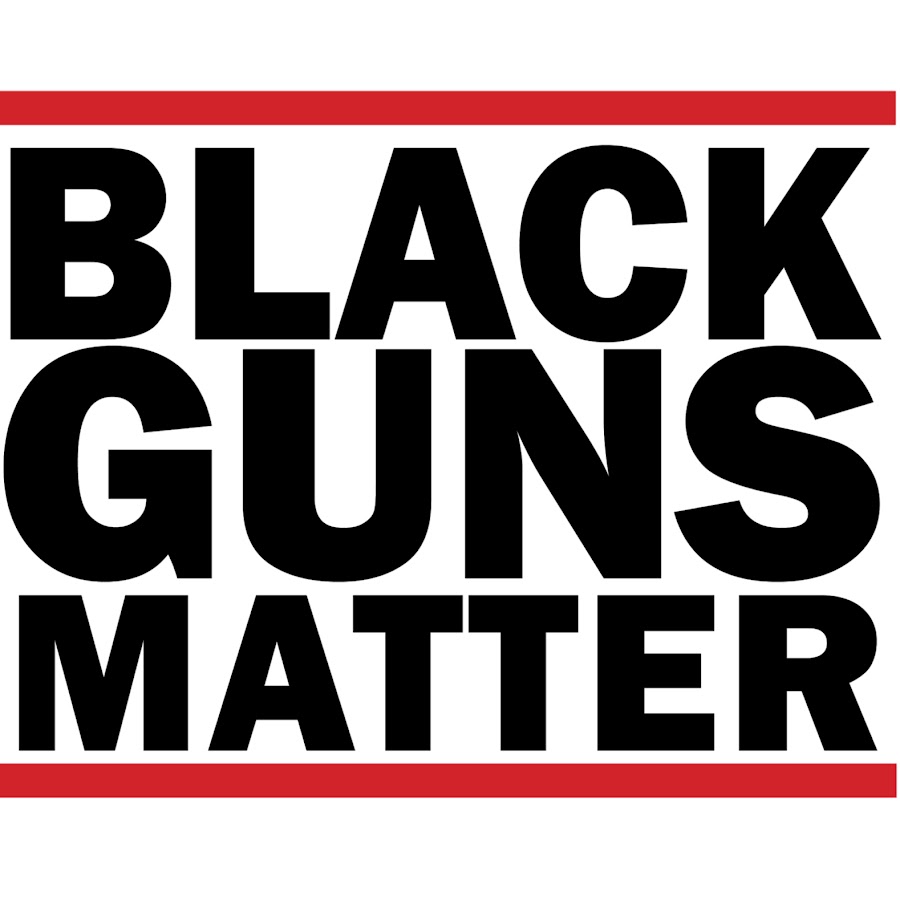 2015 Black Guns Matter founded
2015 Black Guns Matter founded
July 10, 2015
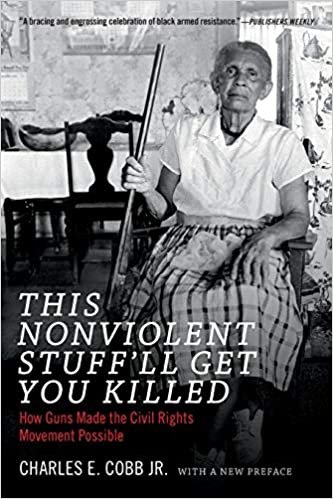 2015 This Nonviolent Stuff’ll Get You Killed:
2015 This Nonviolent Stuff’ll Get You Killed:
How Guns Made the Civil Rights Movement Possible published
Dec 4, 2015
– by Charles E. Cobb Jr.
2016 Philando Castile (CCW Holder) was fatally shot during a traffic stop by police in Minneapolis–Saint Paul
July 7, 2016
– NRA reaction: “The reports from Minnesota are troubling and must be thoroughly investigated. In the meantime, it is important for the NRA not to comment while the investigation is ongoing.”
– Second Amendment Foundation reaction: “Exercising our right to bear arms should not translate to a death sentence over something so trivial as a traffic stop for a broken tail light, and we are going to watch this case with a magnifying glass.”
![]() 2017 Aiming for the Truth founded
2017 Aiming for the Truth founded
– Founded by Kevin Dixie
Jan 5, 2019
Panel at SHOT Show, Range and Retailer Seminar
Hosted by Maj Toure
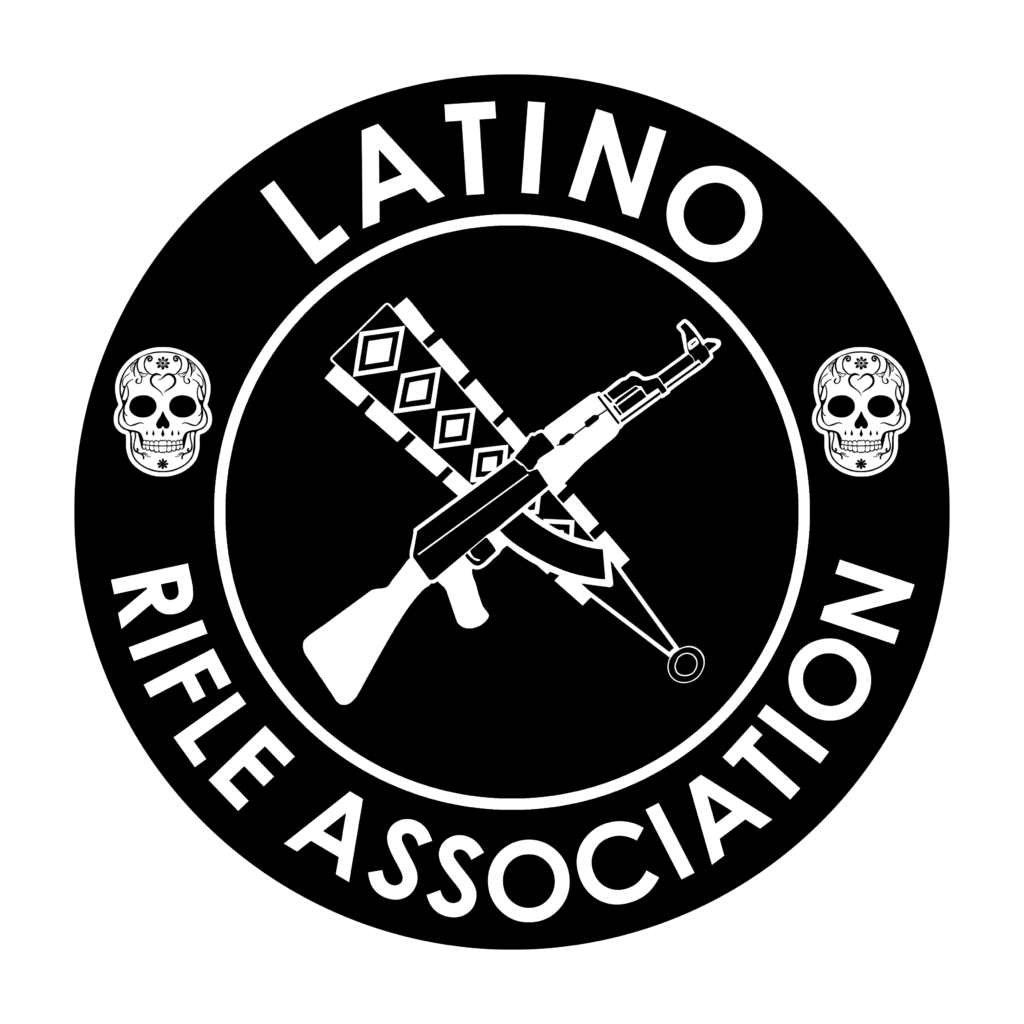 2020 Latino Rifle Association founded
2020 Latino Rifle Association founded
April 1, 2020
2020 Riot in Minnesota
2021 Asian Pacific American Gun Owners Association founded
- https://digitalcommons.uri.edu/cgi/viewcontent.cgi?article=1142&context=srhonorsprog
- https://www.sedgwickcounty.org/media/29093/the-racist-origins-of-us-gun-control.pdf
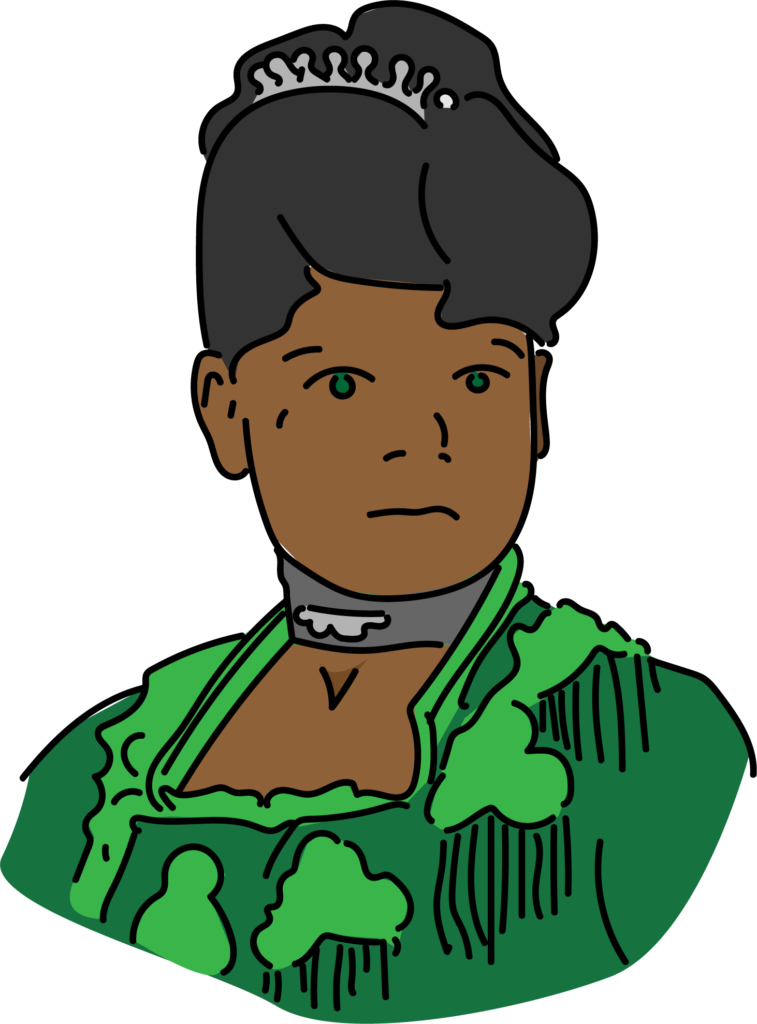
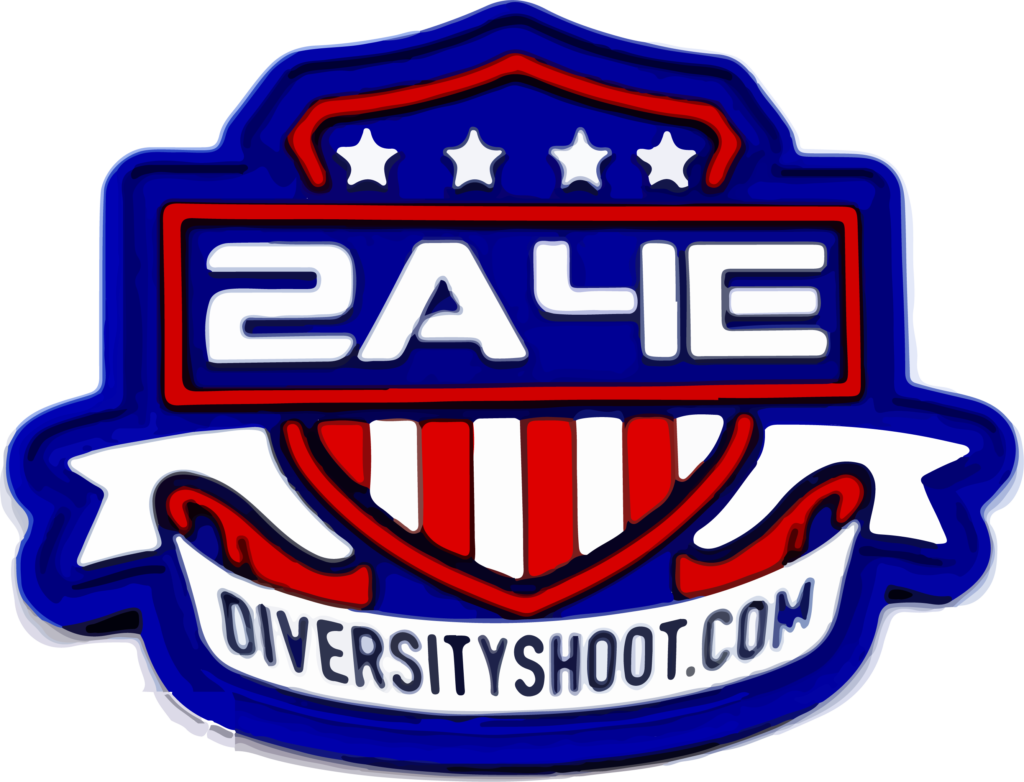 2015
2015